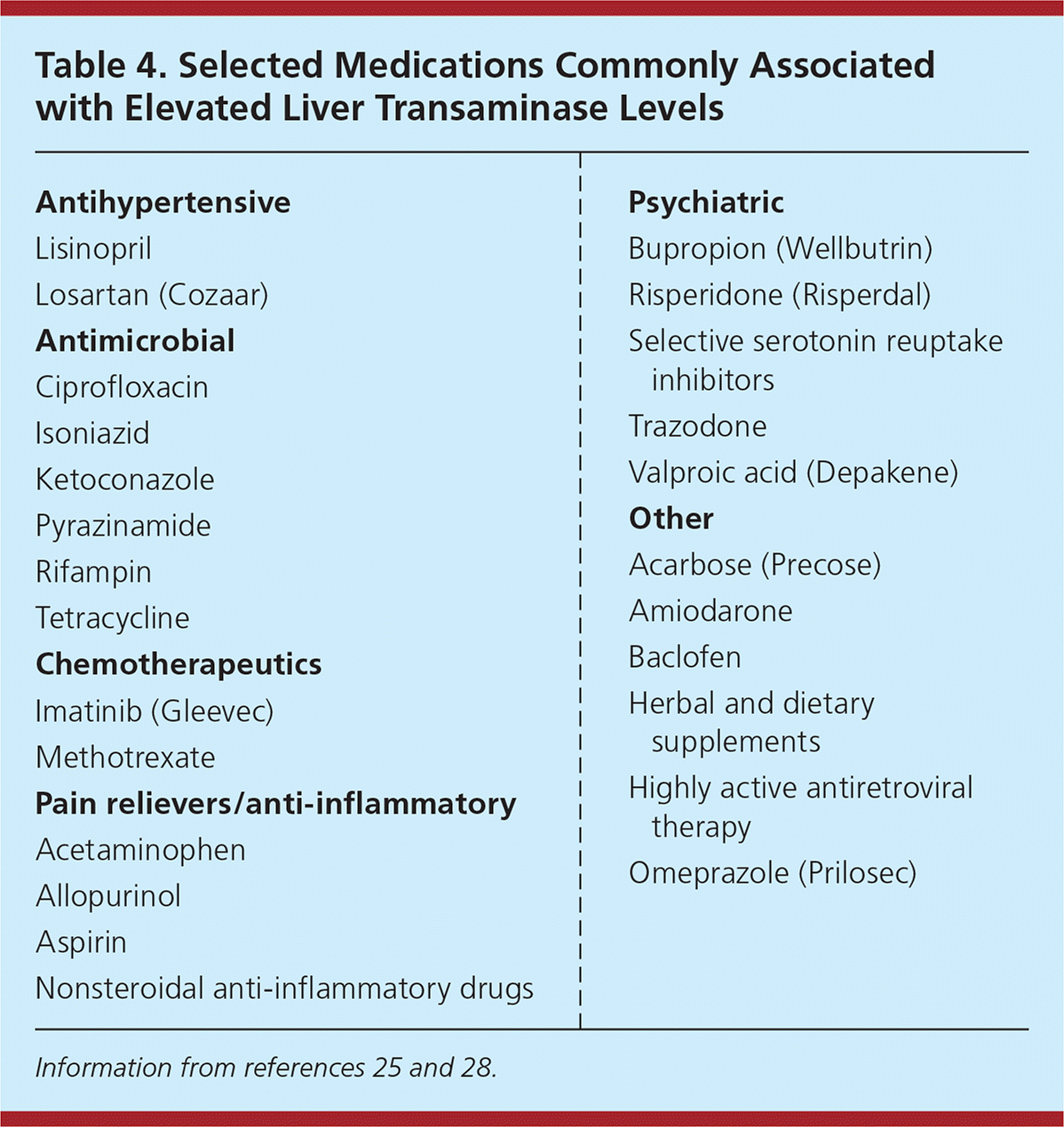Liver Safe Pain Medication: A Comprehensive Guide
The liver is one of the most vital organs in our body, responsible for filtering toxins, metabolizing drugs, and producing essential proteins. When it comes to pain management, many individuals seek relief through various medications, but the potential impact on liver health can be a concern. Choosing liver safe pain medication is crucial for those who want to alleviate discomfort while minimizing the risk of liver damage. Understanding which medications are safer for liver function can help patients make informed decisions about their pain management strategies.
In recent years, there has been a growing awareness about the importance of selecting medications that pose minimal risk to liver health. Over-the-counter pain relievers, such as acetaminophen, have been linked to liver toxicity, especially when taken in high doses or combined with alcohol. This has led many to seek alternatives that provide effective pain relief without compromising liver function. As a result, healthcare providers are increasingly recommending liver safe pain medications that offer an effective solution without the associated risks.
In this article, we will explore various types of liver safe pain medications, their effectiveness, potential side effects, and how to use them safely. Additionally, we will address common questions regarding liver health and pain management, ultimately guiding you towards the best options available for your needs. Whether you are dealing with chronic pain or occasional discomfort, understanding your choices can empower you to take control of your health without putting your liver at risk.
Read also:Discover The Ultimate Biking Destination J P Cycles
What Are Liver Safe Pain Medications?
Liver safe pain medications refer to those drugs that have a lower risk of causing liver damage or toxicity. These medications are often recommended for individuals with pre-existing liver conditions or those who are concerned about the long-term effects of pain management on their liver health. They can be categorized into various classes, including non-opioid analgesics, anti-inflammatory medications, and certain prescription pain relievers. Understanding these options can help you make informed choices regarding your pain management plan.
Are There Over-the-Counter Options for Liver Safe Pain Relief?
Yes, there are several over-the-counter (OTC) pain relief options that are considered safer for the liver. Some of these include:
- Ibuprofen: A nonsteroidal anti-inflammatory drug (NSAID) that can effectively relieve pain and inflammation.
- Naproxen: Another NSAID that provides longer-lasting pain relief compared to ibuprofen.
- Topical analgesics: Creams and gels containing ingredients like menthol or capsaicin that can provide localized pain relief without systemic exposure.
What Alternative Treatments Can Help Manage Pain Safely?
In addition to OTC medications, there are various alternative treatments that can help manage pain while being liver safe. These include:
- Physical therapy: A trained therapist can develop a personalized exercise program to alleviate pain and improve mobility.
- Acupuncture: This traditional Chinese medicine technique involves inserting thin needles into specific points on the body to relieve pain.
- Massage therapy: Targeted massage can help reduce muscle tension and relieve pain without the use of medications.
What Prescription Medications Are Considered Liver Safe?
While many prescription pain medications may pose risks to liver health, some options are considered safer. These include:
- Tramadol: A synthetic opioid that is less likely to cause liver damage compared to traditional opioids.
- Gabapentin: Often used to treat nerve pain, gabapentin has a minimal impact on liver function.
- Pregabalin: Similar to gabapentin, this medication is effective for neuropathic pain and is generally well-tolerated by the liver.
How Can You Ensure Safe Use of Pain Medications?
To ensure the safe use of liver safe pain medications, consider the following tips:
- Consult with a healthcare professional: Always consult your doctor or pharmacist before starting any new medication.
- Follow dosing instructions: Adhere to the recommended dosage to minimize the risk of side effects.
- Avoid mixing medications: Be cautious about combining multiple pain relievers, as this can increase the risk of liver damage.
- Limit alcohol consumption: Alcohol can significantly increase the risk of liver toxicity, especially when combined with certain medications.
Can Lifestyle Changes Support Liver Health While Managing Pain?
Yes, adopting a healthy lifestyle can support liver health and enhance the effectiveness of pain management strategies. Consider the following lifestyle changes:
Read also:Exploring The World Of Cute Cars A Delightful Journey Into Adorable Automobile Designs
- Maintain a balanced diet: Focus on whole foods, including fruits, vegetables, lean proteins, and healthy fats.
- Stay hydrated: Drinking plenty of water helps the liver function optimally and aids in toxin elimination.
- Exercise regularly: Engaging in physical activity can improve overall health and reduce pain levels.
- Manage stress: Stress management techniques, such as mindfulness or yoga, can help alleviate pain and support liver health.
What Should You Know About Long-Term Use of Pain Medications?
Long-term use of any pain medication, even those deemed liver safe, should be approached with caution. It is essential to regularly monitor liver function through blood tests, especially for those who are taking medications on a chronic basis. Additionally, it is wise to periodically reassess your pain management plan with your healthcare provider to ensure that the benefits outweigh any potential risks.
Are There Special Considerations for People with Pre-Existing Liver Conditions?
Individuals with pre-existing liver conditions must exercise extra caution when selecting pain medications. It is crucial to work closely with a healthcare professional to develop a safe and effective pain management plan that considers their unique health needs. They may require lower dosages or alternative treatments to avoid exacerbating their liver condition.
Conclusion: Finding the Right Balance in Pain Management
In conclusion, finding liver safe pain medication is essential for those who want to manage pain without compromising their liver health. With a variety of options available, including over-the-counter medications, prescription alternatives, and lifestyle changes, individuals can make informed choices to support their overall well-being. Always consult with a healthcare professional to tailor a pain management plan that is safe and effective for your specific needs.
Article Recommendations


:max_bytes(150000):strip_icc()/SymptomsLiverDamage_1943023_Final_1-ea70d54025564870bd9ac7aabbfca921.jpg)